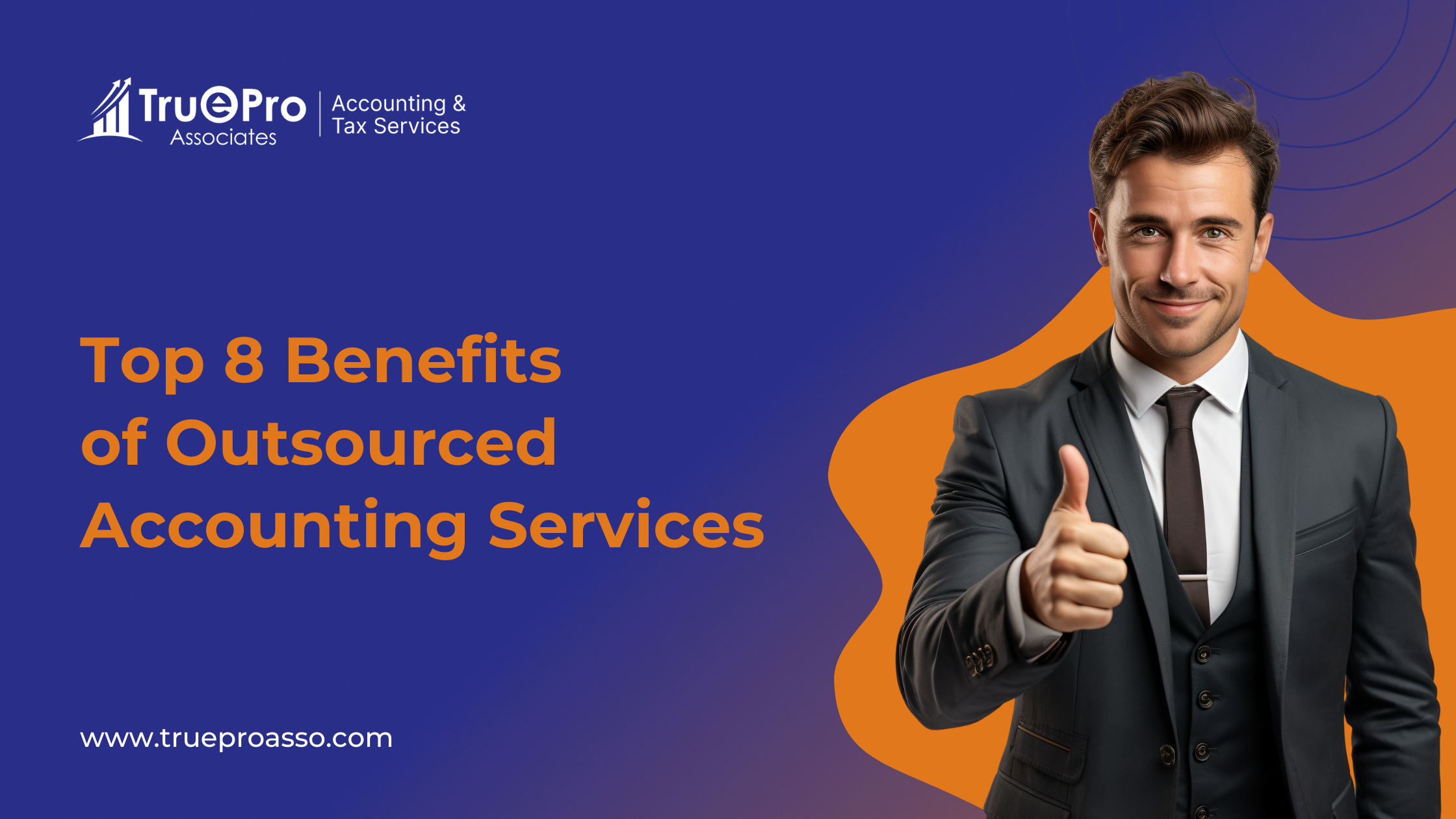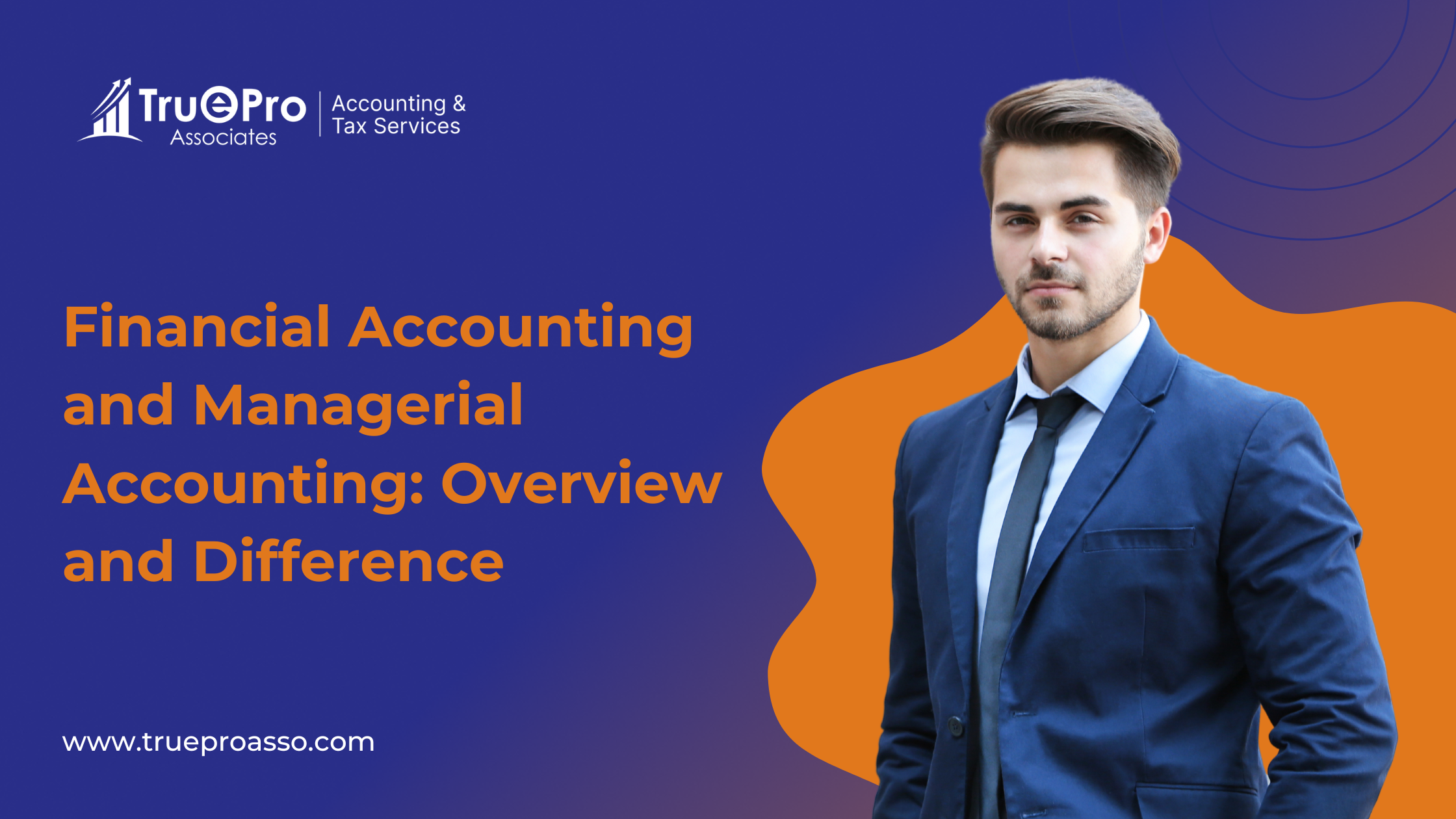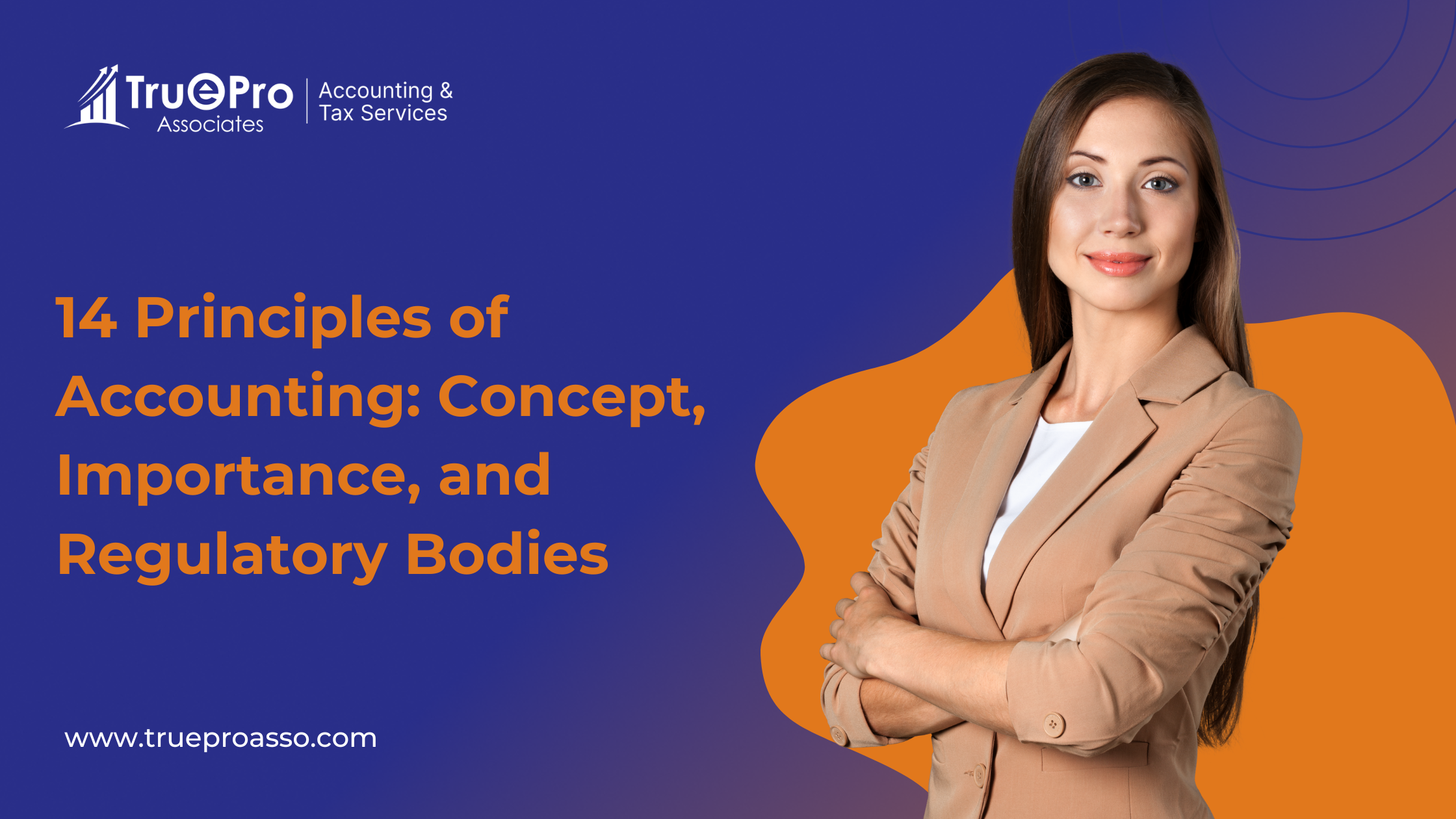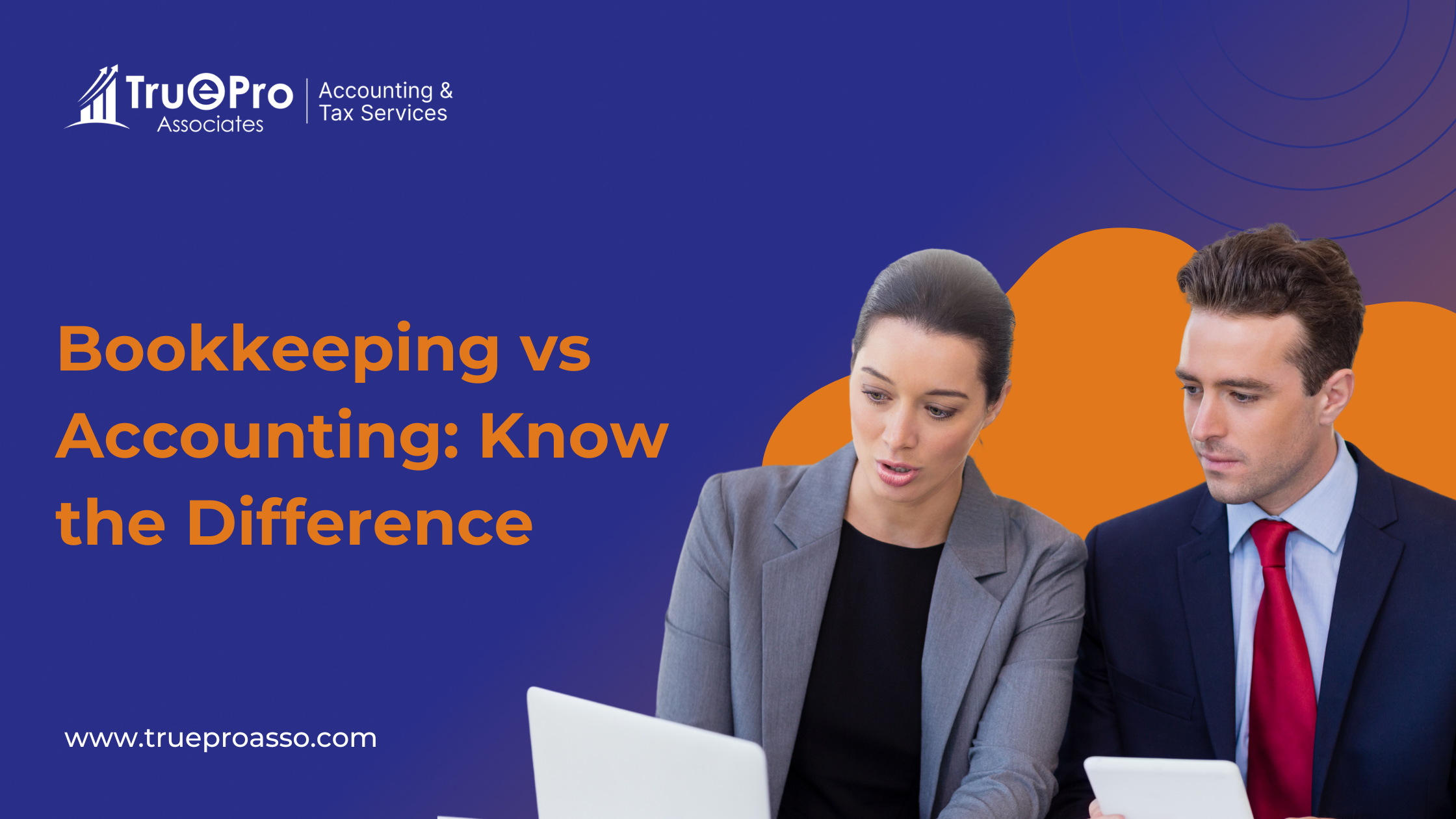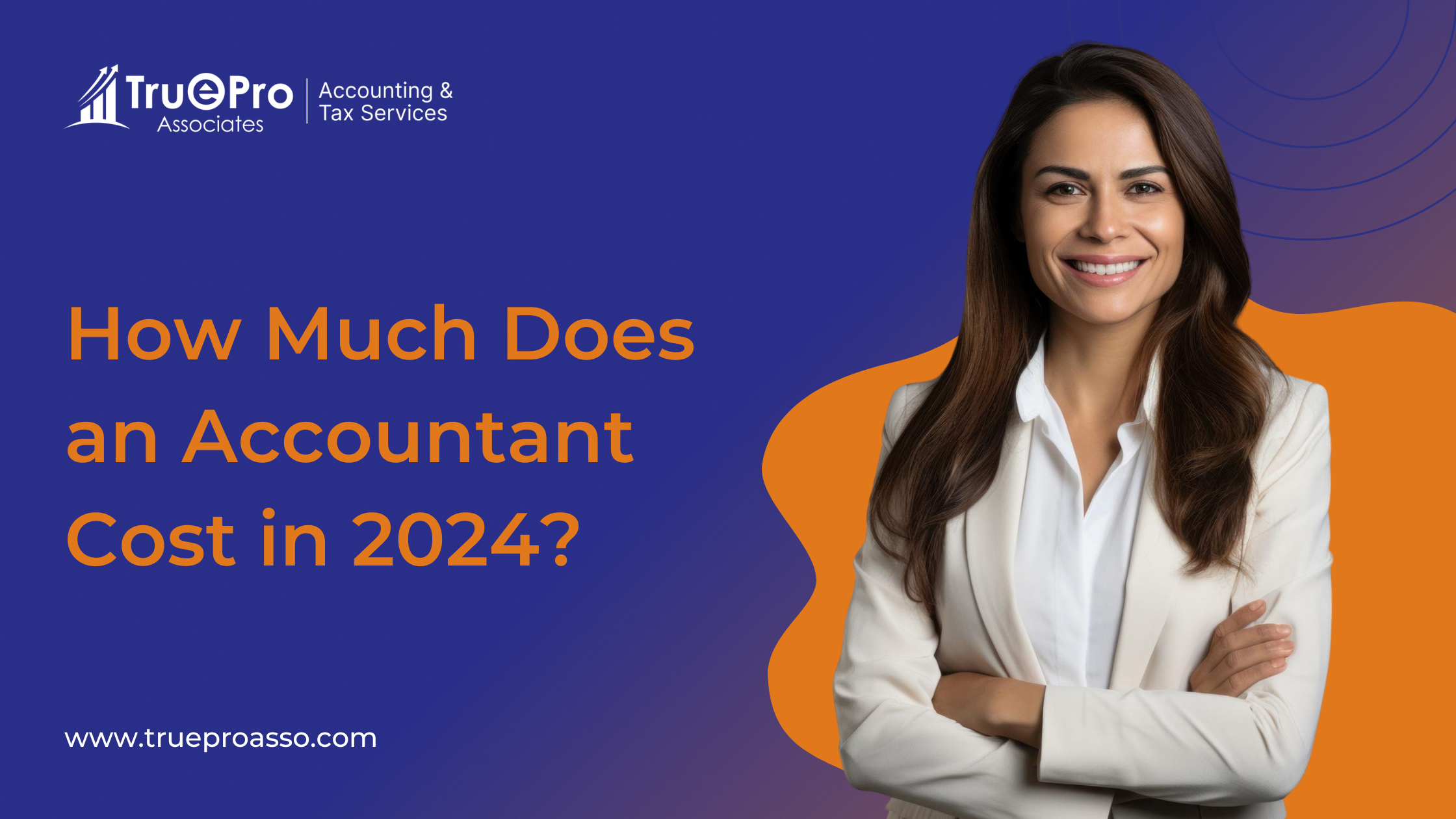Hiring the right tax accountant for your business can make achieving this a breeze.
It’s a critical decision and requires a lot of consideration. According to a recent National Association of State Boards of Accountancy study, the United States has more than 500,000 licensed Certified Public Accountants. With so many options, you may wonder how to hire a tax accountant who matches your business needs.
This blog will simplify the process of hiring a tax accountant, focusing on their experience, qualifications, and how their fees align with your budget. Whether you’re navigating investments or aiming to thrive in a competitive market, the right tax accountant is key to unlocking your business’s potential. Let’s dive into how to hire a tax accountant who can become a strategic ally in your financial journey.
Who is a Tax Accountant?
In the financial world, CPAs and tax accountants are professionals who commonly handle tax returns, yet there’s often confusion between these roles. While a tax accountant focuses on preparing and filing taxes and can assist with audits and related issues, a CPA holds a broader certification and license, enabling them to offer extensive business advice and manage more complex tax and accounting tasks.
CPAs do more than prepare and file tax returns. They dive deep into tax laws to ensure you get every tax credit and deduction you qualify for. This means they work closely with you to complete and submit your federal and state tax returns correctly. A CPA can represent you if you’re ever audited, need to deal with tax appeals, or have payment issues. This special right known as unlimited representation rights, is something not all tax preparers have.
Types of Tax Preparers
When managing taxes, whether for personal or business purposes, it’s crucial to understand the types of tax professionals available and their specific areas of expertise. Here’s a simplified breakdown of the different types of tax preparers and what they specialize in:
1. Enrolled Agents
Enrolled agents are tax professionals licensed at the federal level by the IRS. They are authorized to advise, represent, and prepare tax returns for individuals and businesses. To become an enrolled agent, one must pass a comprehensive IRS exam or have prior experience as an IRS employee. They also have to fulfill continuing education requirements to maintain their license.
The National Association of Enrolled Agents (NAEA) offers a searchable directory of federally licensed tax practitioners known as Enrolled Agents (EAs). The directory allows you to find a professional based on location, specialty, language, and experience who can advise, represent, and prepare taxes for individuals and businesses.
2. Certified Public Accountants (CPAs)
State boards grant licenses to CPAs and accounting professionals who have met strict educational and experience requirements. CPAs can assist with individual and business tax filings. They are also equipped to identify potential tax deductions and credits and offer financial planning services.
3. Tax Attorneys
Tax attorneys specialize in tax law. They provide tax preparation services and legal advice and can represent clients before the IRS and in civil and criminal tax court cases. Tax attorneys are ideal for dealing with more complicated tax issues that require legal expertise.
Top Skills to Look for When Hiring a Tax Accountant for Your Business
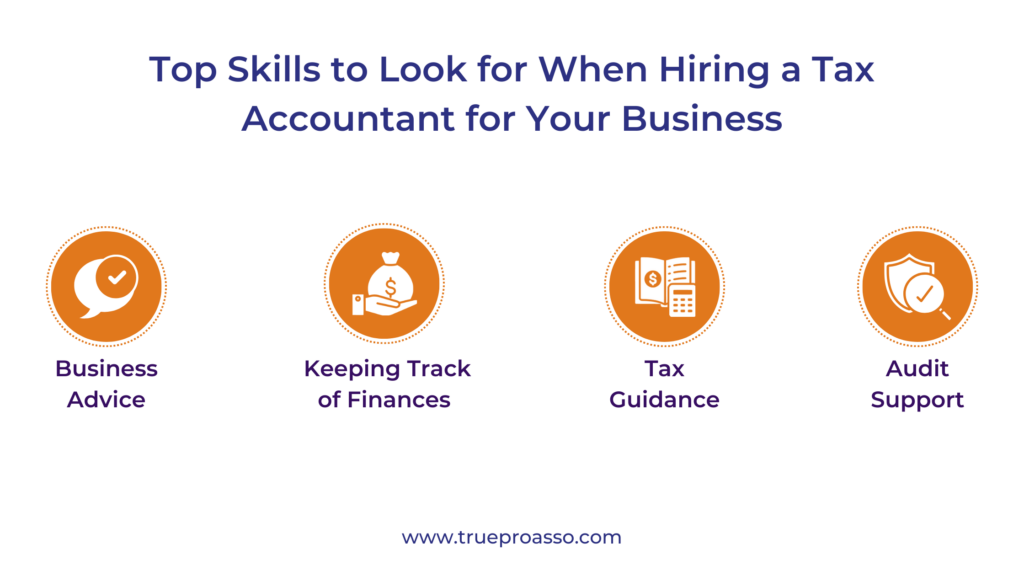
If you’re considering how to hire a tax accountant, it’s important to recognize the diverse set of skills they bring to your business. Tax accountants are advisors who ensure compliance, guide strategic financial planning, and prepare your business for the future.
Here’s a breakdown of the four main skills to look for in a tax accountant to help you make a good choice for your business.
1. Business Advice
Your ideal tax accountant should be more than just a numbers person; they should understand your business and what you’re trying to achieve. They can help you by creating a strong plan for your business and personal finances, offering tips on different business areas, such as when to get insurance or how to grow your business, and providing new ideas based on their knowledge of your industry.
2. Keeping Track of Finances
Handling daily finances might be something you can do on your own. Still, a great tax accountant will set up and show you how to use efficient systems to keep track of your books and finances. They will also assist in analyzing your business’s profitability, managing costs, and monitoring budgets.
3. Tax Guidance
A skilled tax accountant knows all about following tax rules and planning. They will suggest ways to lower your taxes and ensure you follow all the tax laws.
4. Audit Support
If you need an audit, especially for loan applications, look for a tax accountant who can prepare your financial statements and perform detailed audits to ensure your financial information is correct.
Finding a tax accountant is more crucial than ever. Aim to choose someone who will manage your finances and help your business grow strategically.
How to Hire a Tax Accountant?
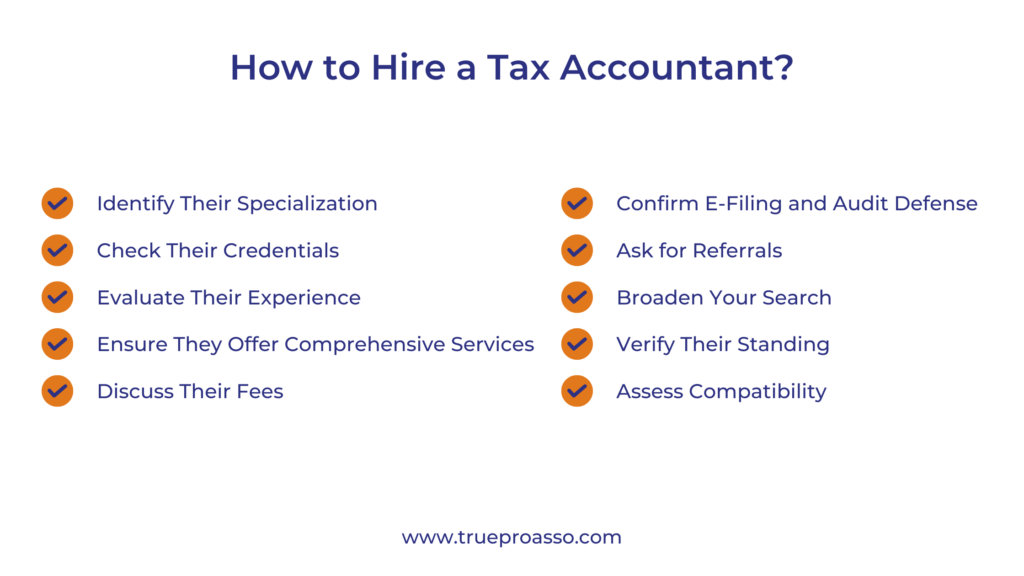
Finding a trustworthy tax accountant near you can seem daunting, but it’s crucial for handling your taxes accurately and efficiently. Here’s a step-by-step guide that will help you in how to hire a tax accountant who meets your needs:
1. Identify Their Specialization
Tax accountants often focus on specific areas, such as individual taxes, business accounting, or forensic accounting. For personal tax returns, look for someone with expertise in individual taxes. This ensures they know the situations that can benefit your tax situation.
2. Check Their Credentials
Every tax accountant preparing taxes should have a Preparer Tax Identification Number (PTIN) registered with the IRS. You can confirm their PTIN status through the IRS Return Preparer Office Directory. Additionally, verify their state license through your state’s board of accountancy, which can provide details on their license status and any disciplinary actions.
3. Evaluate Their Experience
Experience matters. An accountant with several years of experience is likely more familiar with the tax code and capable of electronic filing, which the IRS mandates for anyone filing more than 11 returns annually. Ask about their experience, especially with e-filing, to gauge their proficiency.
4. Ensure They Offer Comprehensive Services
A good tax accountant does more than just file your return. They should be willing to sign it, represent you in front of the IRS, if needed, and offer tax planning advice to optimize your future tax situations. Confirm these services upfront.
5. Discuss Their Fees
Understand how they charge for their services. Some accountants charge by the hour, others offer flat rates, and fees can vary based on the complexity of your tax return. If applicable, ensure their fee includes both federal and state returns. Avoid accountants who base their fees on a percentage of your refund.
6. Confirm E-Filing and Audit Defense
E-filing is not only more accurate but also faster for processing returns. Ensure your accountant offers e-filing. Also, inquire about audit defense services. Having a CPA who can represent you and handle IRS communications is invaluable in the event of an audit.
7. Ask for Referrals
Word-of-mouth can be a powerful tool in finding a reliable tax accountant. Ask friends, family, or colleagues for recommendations. Satisfied clients are often the best indicator of an accountant’s quality of service.
8. Broaden Your Search
Start with the IRS directory to find certified professionals in your area. For more options, explore online directories and professional associations like the AICPA or NATP. Don’t hesitate to ask your financial institution or advisor for recommendations as well.
9. Verify Their Standing
Take the time to check their professional standing. A PTIN is a must, but their license must be reviewed with the state board of accountancy. This can reveal any red flags or confirm their qualifications.
10. Assess Compatibility
Finally, ensure they’re a good fit for you. Discuss their process, how they handle communication, and what additional advice or services they offer. Their answers will help determine if they align with your needs and expectations.
These steps ensure that you can confidently find a trustworthy, experienced, and well-suited tax accountant near you.
Deciding How to File Your Taxes: Tax Software or Tax Accountant?
Whether to handle your taxes yourself with software or hire a tax accountant depends on your situation, comfort level, and the complexity of your taxes. Here’s a straightforward guide to help you make the best choice.
When to Stick with Tax Software?
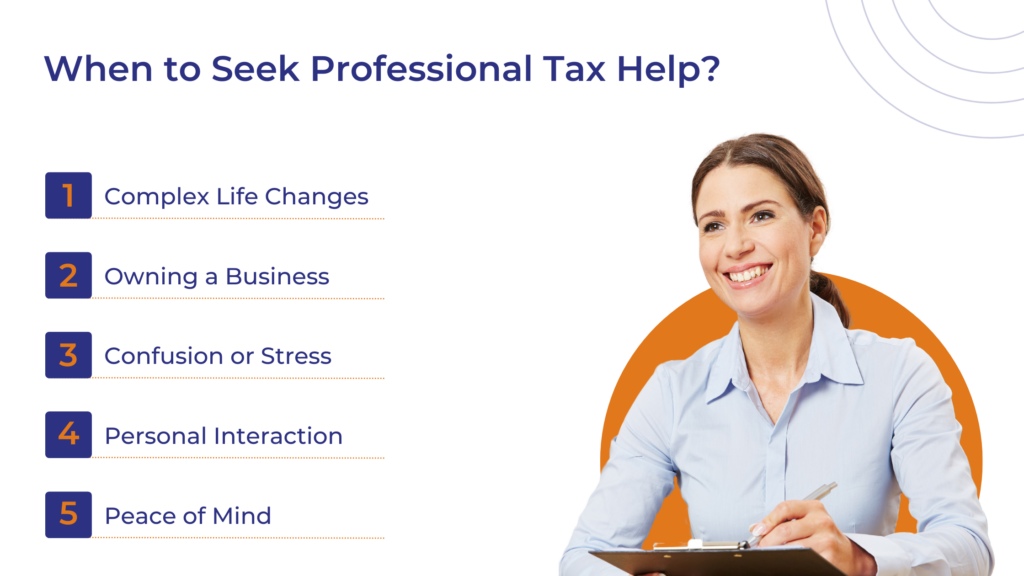
Self-preparing your taxes when you’re just starting, especially with simple tax needs like a single W-2, helps you understand the basics of tax preparation. Quality tax-prep software might be all you need if your tax situation is straightforward or you’re comfortable managing your taxes. This option can be particularly appealing if:
- Your taxes haven’t changed much from last year.
- You’re confident that you can follow the prompts and input the correct information.
- You’re looking to save money on tax preparation fees.
Free tax filing options are also available for those with simpler financial situations or a tighter budget. You might qualify for the IRS Free File program or other free services if you earn below a certain income threshold.
When to Consider a Tax Accountant?
However, there are times when consulting a tax accountant is beneficial. You might want to hire a tax accountant if:
- You’re facing complex tax situations due to life changes like marriage, divorce, home buying, or retirement.
- You’re a small business owner dealing with intricate tax filings.
- You’ve started investing and need guidance on how to report earnings or losses.
A tax accountant can offer clarity and peace of mind by navigating you through the complexities of the tax code, something that software might not fully address.
When to Seek Professional Tax Help?
Determining the right moment to handle taxes on your own or to seek professional guidance is crucial. Understanding how to hire a tax accountant becomes pivotal in such scenarios. Here are several indicators that it’s time to look into professional tax services:
- Complex Life Changes: If you’ve experienced significant life events such as marriage, divorce, the death of a loved one, retirement, buying a home, or starting a new investment, professional guidance can ensure you navigate these changes tax-efficiently.
- Owning a Business: Small business owners face unique tax situations that often require a professional’s nuanced expertise to optimize tax outcomes and comply with regulations.
- Confusion or Stress: If you feel overwhelmed by the thought of using tax software and deciphering tax language, a professional can simplify the process, ensuring you understand and meet your tax obligations without stress.
- Personal Interaction: Some people value the ability to ask questions and discuss their tax situation face-to-face with an expert. Professional tax services are the way to go if this personal touch is important to you.
- Peace of Mind: Knowing an experienced professional is handling your taxes can provide reassurance that your returns are accurate, maximizing potential refunds or minimizing liabilities.
Remember, the goal is to feel confident and secure in your tax filing, whether you choose to do it yourself or enlist the help of a professional like True Pro Associates.
Simplify Your Tax Experience with TruePro Associates
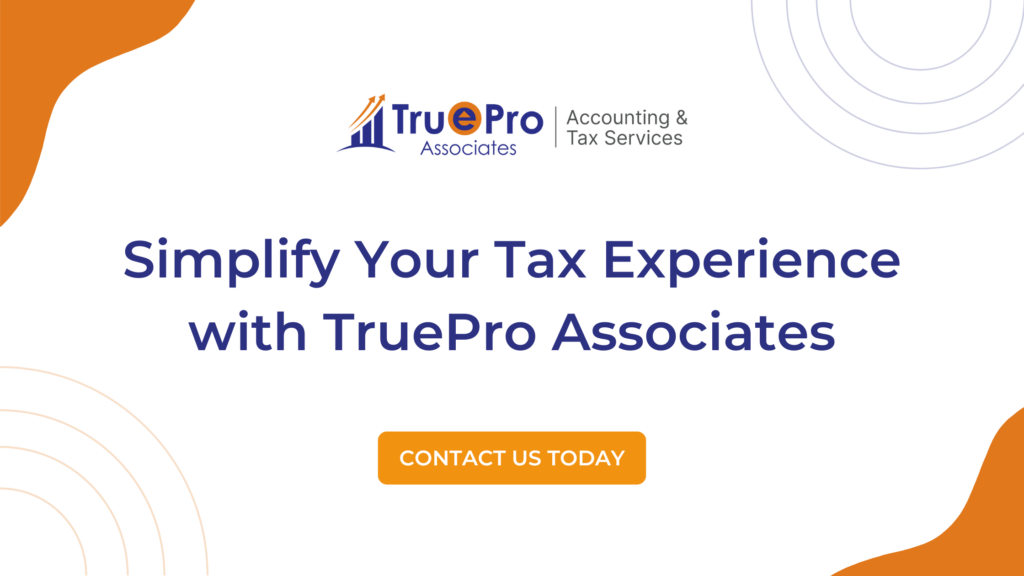
Now that you understand how to hire a tax accountant in 2024, you should consider TruePro Associates for your tax and accounting-related requirements.
We offer a comprehensive range of income tax services and accounting services tailored to your individual and business needs.
Why Choose TruePro Associates?
- Expertise You Can Trust: Our team comprises seasoned tax professionals who stay current on tax laws and best practices.
- Customized Solutions: We understand that every tax situation is unique. We take the time to understand your specific circumstances and tailor our services accordingly.
- Transparent Pricing: We discuss our fees upfront, ensuring you understand the value of the services you receive.
Schedule a consultation and learn how we can assist you in achieving your tax and financial goals.
FAQs
Q1. Why should I consider hiring a tax accountant?
Ans. Hiring a tax accountant can save you money on taxes, help you avoid costly mistakes, and guide you in making financially sound decisions. Understanding how to hire a tax accountant ensures you find a professional who can navigate complex tax laws and provide strategic financial advice.
Q2. How do I find a trustworthy tax accountant near me?
Ans. Start by requesting referrals from friends, family, or business associates with similar tax needs. When you’re considering how to hire a tax accountant, it’s crucial to interview potential candidates to assess their experience, understand their fee structure, and ensure they offer the specific services you need.
Q3. What qualifications should I look for when hiring a tax accountant?
Ans. When figuring out how to hire a tax accountant, check for their Preparer Tax Identification Number (PTIN), which the IRS requires for all professional tax preparers. Also, verify their credentials with your state’s accountancy board and seek additional certifications.
Q4. How can a tax accountant help my small business?
Ans. A tax accountant can assist your small business by ensuring compliance with tax laws, identifying potential tax deductions and credits, and providing valuable advice on financial planning and growth strategies. Knowing how to hire a tax accountant who understands your industry can be important for your business’s financial health.


